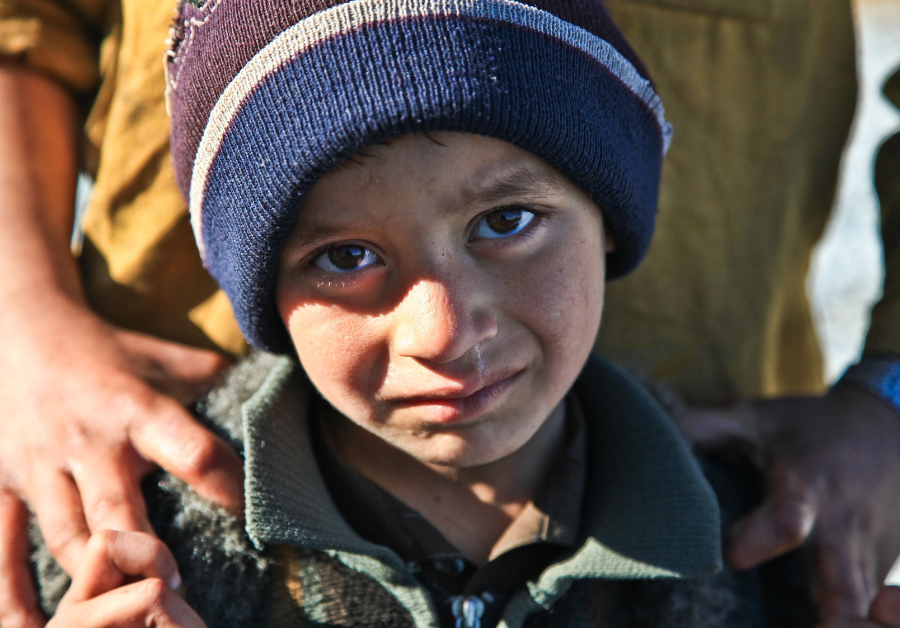I am frequently asked how a communicative mindset can be formed. Perhaps my answer will come across as trite or inadequate, but I would say that it is achieved by winning oneself. In what sense?
Winning does not mean simply defeating opponents: it also means knowing how to overcome one’s own limitations, and that is the first victory we can achieve. Even when we are adults and know life, we can always learn a new concept, a new sport, a new job, etc., and when you succeed in doing it, such as using a PC program well, you are satisfied, you appreciate the achievement.
Winning also means solving problems: another kind of achievement, in life as in sports. And then there is winning with opponents. At this moment in history, we are unfortunately experiencing an unprecedented situation. We have been “filled” with images and comments on the sports performance of the national team, athletics, formula 1, as if all of life were a competition, an Olympics, a championship, a tournament. As if sports were a mirror of all situations in life.
Life is not a race, a continuous competition between winners and losers, a championship.
Life is not this: one goal less does not make one a loser, (even in communities the same thing happens), we cannot suffer this suggestion.
Sports-life-communication metaphor.
In my opinion, we can learn from sports – there are many who think so – a fundamental educational aspect: sometimes the fear of creating “agonism” in school by inciting study to be the best and succeed in life, overshadows the importance of knowing how to lose, knowing how to experience failure. In sports, one learns to lose as well as to win. It is necessary to engage with sacrifice and to know how to value the small and big things that contribute to victory, to the achievement of a result: when you have done everything you could and you lose, or when you have not done everything and defeat comes, you have to face the situation with dignity and wisdom in order to move forward and to improve.
Those who play sports know that they cannot win all the time, that would be an exception; the norm is alternating between winning and losing.
I have always expressed pleasure and satisfaction with my children’s excellent achievements in their studies and work, but I have also been proud of them when, despite their commitment and desire, they have not made good discernment and made poor choices, learning from their mistake.
When they fail, when their path is slowed down by unforeseen events, they don’t blame others, they don’t complain about bad luck, but take mature responsibility in the face of life.
Has the opponent/situation caught us off guard and overwhelmed us? How do we react ordinarily?
Perhaps we get depressed. We better, rather, take advantage of the opportunity to mature a positive, constructive mindset, to place ourselves in a proactive condition.
We cannot be an inert, abandoned parcel in a gray, desperate existence, lazily submitting to the “culture of alibis.”
What is an alibi? It is a justification for failure, as if succeeding or failing to accomplish something depends not on a personal difficulty, but on the impossibility that it can be accomplished. We lie to ourselves by saying, “I cannot change events! I can’t do anything because I didn’t rise to the occasion, I’m not the best…”
The MSdP Office of Communication, is not a group that exists only in dreams, but a team that dreams!!! It dreams of winning its own gold medal in communication, and we will do everything to win it.
Should we fail, we cannot consider ourselves losers; not achieving a set goal does not mean sliding into the abyss and compromising history!!! And this is equally valid especially for young people!!! We enjoy and mature especially in the processes of achieving goals.
One tries to win as much as possible, but one should not submit to those who say that the world is divided into winners and losers. Rather, the world is divided into good and bad people, both of whom experience the status of winners and losers.
This is the division to keep in mind!
Continuing in metaphorical language, we can compare ourselves to those who, while preparing pasta carbonara, fail to work the egg in the right way and at the right temperature to obtain the cremetta that will envelop the rigatone and end up with … the omelet. Very serious mistake! It may happen, but discouragement will not prevail … he will try again until he makes an extraordinary cremetta to win the palates with finesse: at that precise moment he will appreciate the dish in all its potential. So it is with communication: having released the full potential, he will appreciate the taste … Oh, I forgot: in the cremetta you must not mix cream! Excuse me, bear with me … I am too Italian I know.
Massimo Ilardo


A not perfect dish







